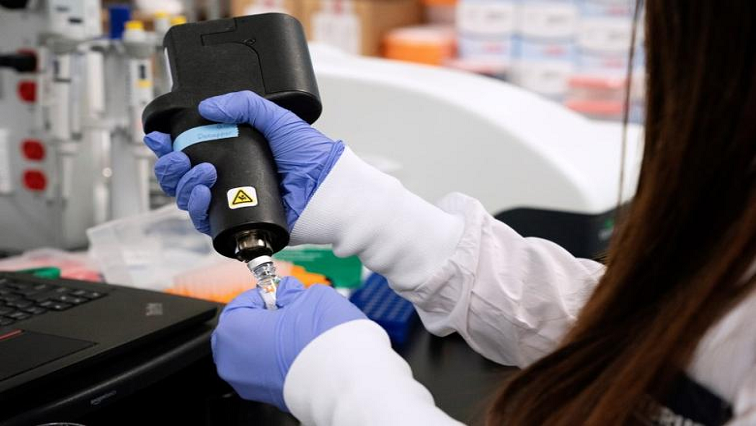Some health experts warn that South Africa has apparently failed to build sufficient herd immunity to be protected from a second wave of the coronavirus (COVID-19).
Health experts say densely populated areas may have built up localised immunity, but that’s not enough to protect everyone in the country.
In the early stages of the pandemic, health experts said at least 60% of the South African population would need to contract the COVID-19 to develop so called herd immunity; where the virus finds it difficult to continue to spread. However, so far, around 700 000 people have tested positive for the virus in South Africa.
Health discussion on managing COVID-19 and flattening the curve:
Dr Sandile Kubheka, an Internal Medicine Registrar at the University of KwaZulu Natal, says the country is nowhere close to herd immunity.
“The amount of positive figures that we currently have only account for 10% of the global population. To get herd immunity is almost impossible at this stage and to achieve this and break the chain of transmission, we would need about 60 to 70 percent of individuals to be infected. In order for this to happen, it would have to take more time for people to get COVID-19 but it also comes with catastrophic effects that would be the fatalities that we would have.”
Exposure to serious diseases
In September, Professor of Vaccinology at the University of the Witwatersrand, Shabir Madhi said exposure to other serious diseases in the past may have created an immunity to COVID-19 for many South Africans.
Madhi said a high level of disease and infection among South Africans may have played a role in many people being immune to COVID-19.
“In terms of the modelling that was done for South Africa, we expected that all our health facilities will be completely overwhelmed at the peak of the outbreak. In addition, the number of people that have died of COVID-19 is probably less than what was expected to be optimistic cases. With the research we are doing, we are trying to understand why despite the large number of people possibly being infected, especially in the metros, we have seen less severe cases and much fewer deaths. One of the hypotheses that we are exploring is that many people might have been exposed to seasonal coronaviruses. When you develop immunity to the seasonal coronavirus, there is some evidence to suggest that it might protect you from developing severe disease from COVID-19.”






